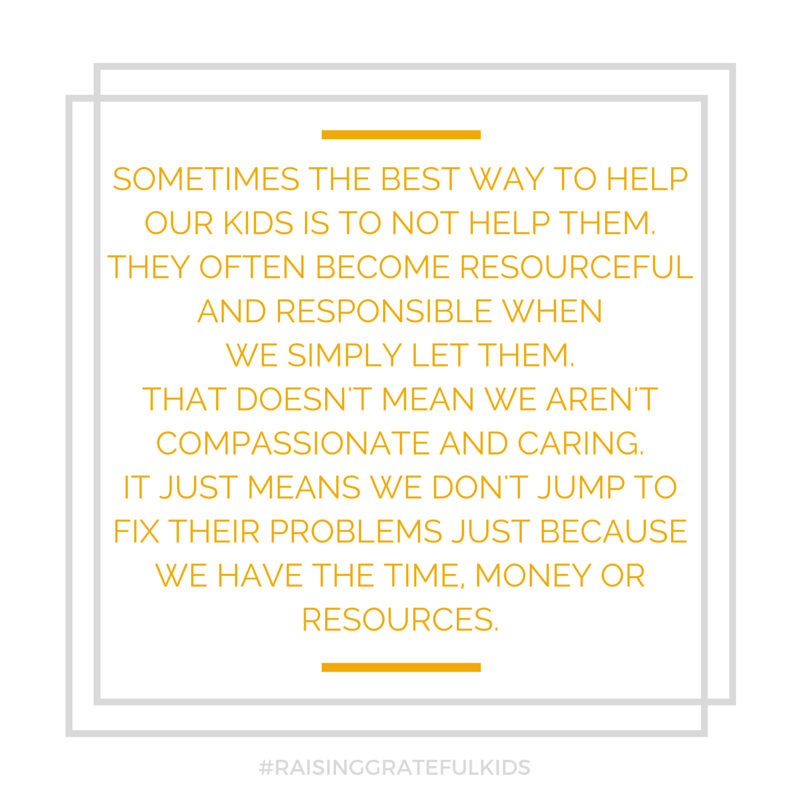This post contains affiliate links

In November, I was thrilled to learn that I had been selected to be a participant on the launch team for Raising Grateful Kids. As part of the team, I was able to read the book before it was actually available for purchase which was super fun.
I was interested to see what author and blogger Kristen Welch would have to say regarding raising children from a Biblical worldview especially since rearing kids in such a way is not as valued as it once was. Welch’s book was very encouraging and I was thankful to have the chance to read it prior to the birth of my first child.

What I think most readers will appreciate and relate to are the real life examples that Welch, a mother of three, includes throughout her book. She tells of instances in which she experienced her own children exhibiting attitudes of entitlement and how she and her husband handled those situations. Welch takes the approach that teaching kids to be grateful, versus entitled, begins in the home with the example that the parents set. Having worked in education for 9 years and experiencing how true this is, I found Welch’s perspective to be most refreshing.
What made it an interesting read for me is that Welch’s book comprised of well known sources from the Christian world (Shepherding A Child’s Heart, Counter Culture) and secular sources as well (Psychology Today, CNN). I have read solid, Biblically based books that typically include information from various resources, but it is always clear that these sources do not take precedence over Scripture.
While I did find it interesting to see what people are thinking/believing outside of the Christian realm, I would encourage my readers to always go to Scripture as the most reliable source for raising children, cultivating hearts of gratitude and overall, addressing heart issues. I don’t think that their is zero validity to “outside sources” but I would caution you to test them against Scripture as you read them. I believe Welch would do the same but I didn’t feel that sentiment clearly stated in the book.
However, I still enjoyed reading about how she, personally, has dealt with various issues that come with raising children and I took mental notes about some of her practices that I would like to implement in my home. I am grateful to Welch for having the audacity to take on such a project because the concepts she employs are not valued in this day and age, but for the Christian, they are true and necessary. As a part of the launch team, I was especially encouraged to see Welch’s book become a #1 New Release in Family Conflict Resolution on Amazon.
I deeply appreciated Welch’s transparency as she shared examples of how she and her husband have failed as parents and how they have seen the Lord working within their family. It is always encouraging to know that God’s grace is sufficient for every area of our lives, including raising children and helping them cultivate hearts that are grateful.
Although I may not agree with every approach written in the book, I was still able to glean wisdom from Raising Grateful Kids and enjoyed learning from Welch’s experiences. I would encourage you to purchase a copy and see how some of her insights might be applied in your own home.
I received Raising Grateful Kids compliments of Tyndale Momentum in exchange for my honest review.




